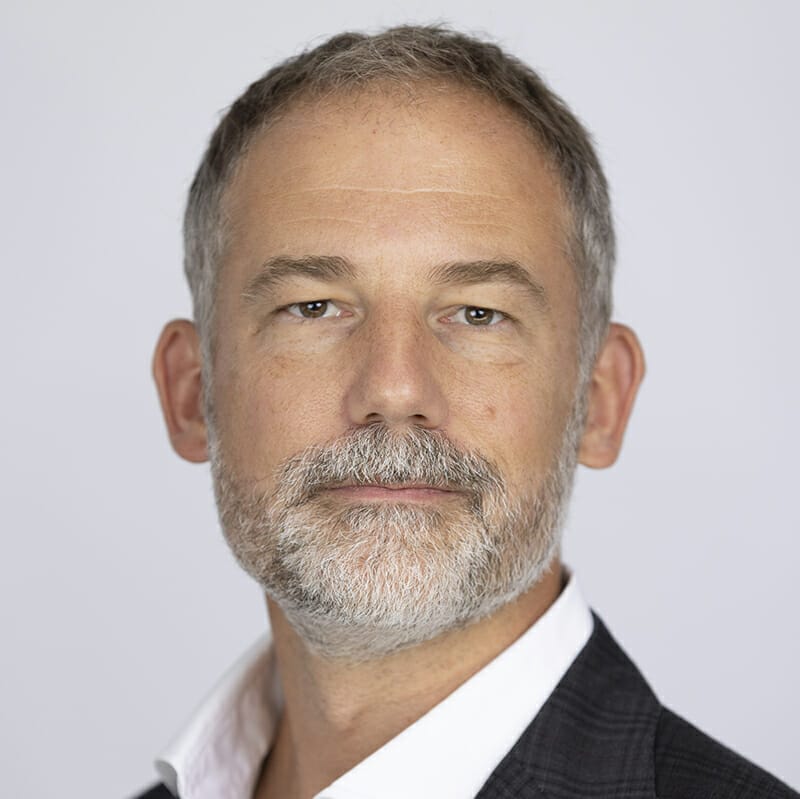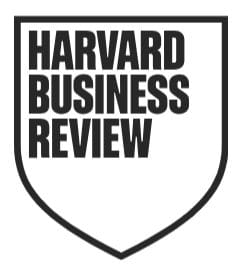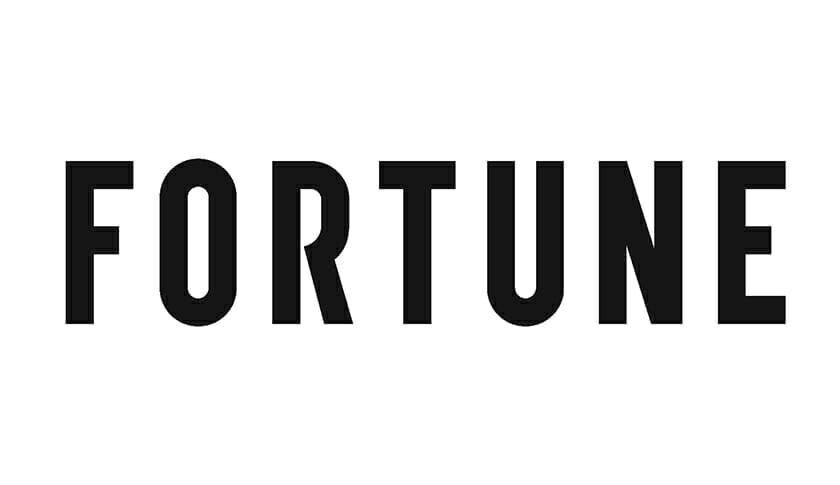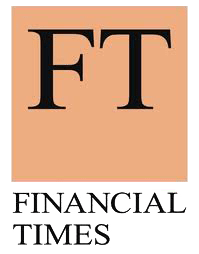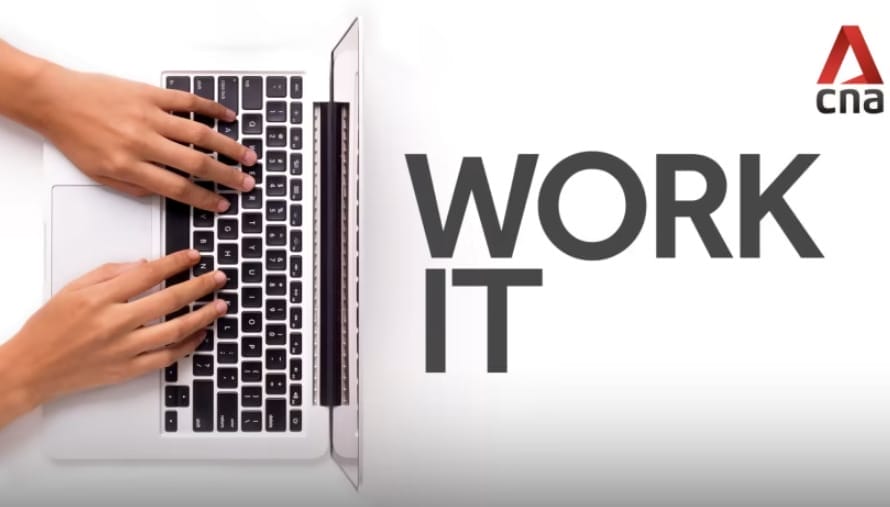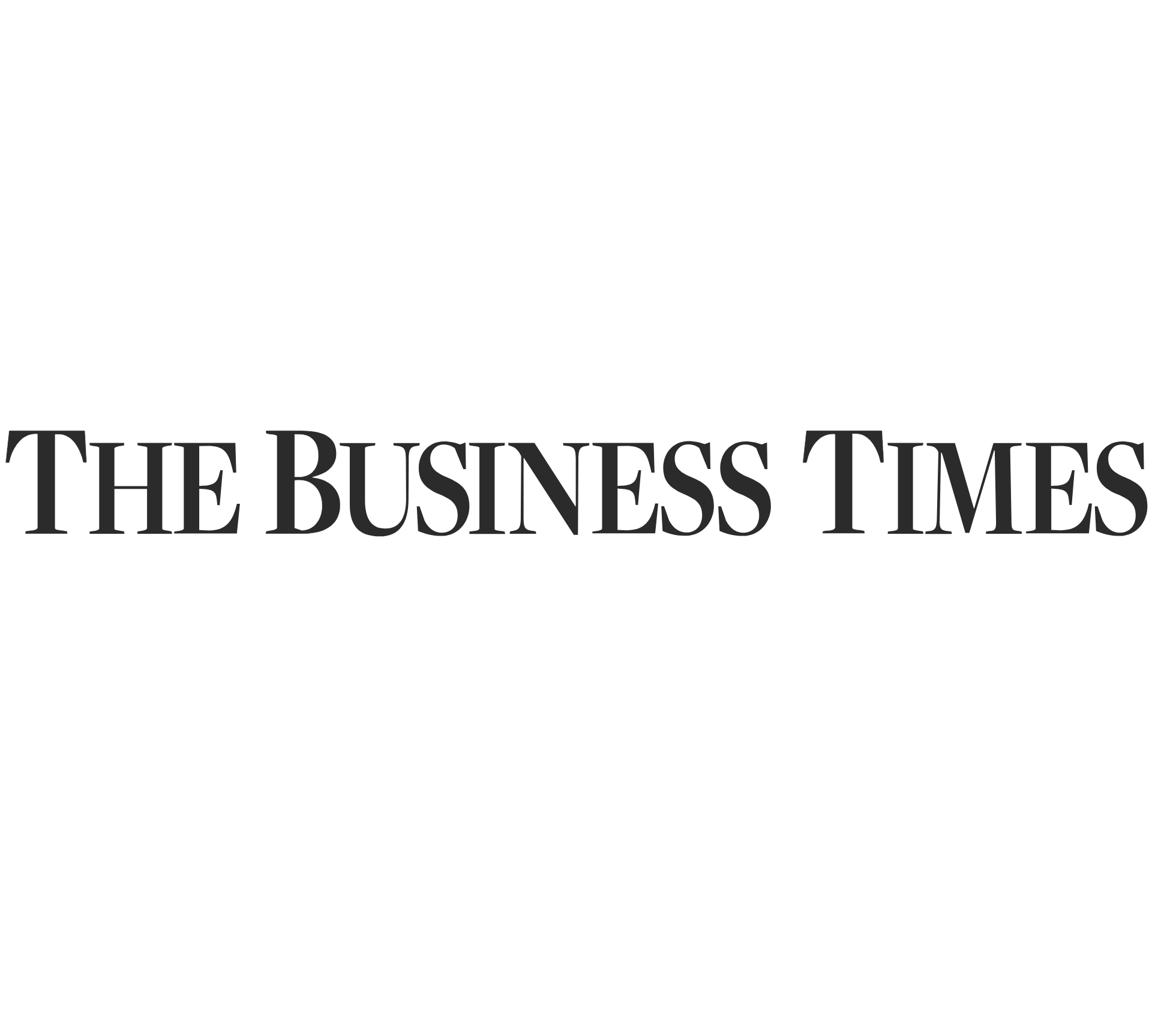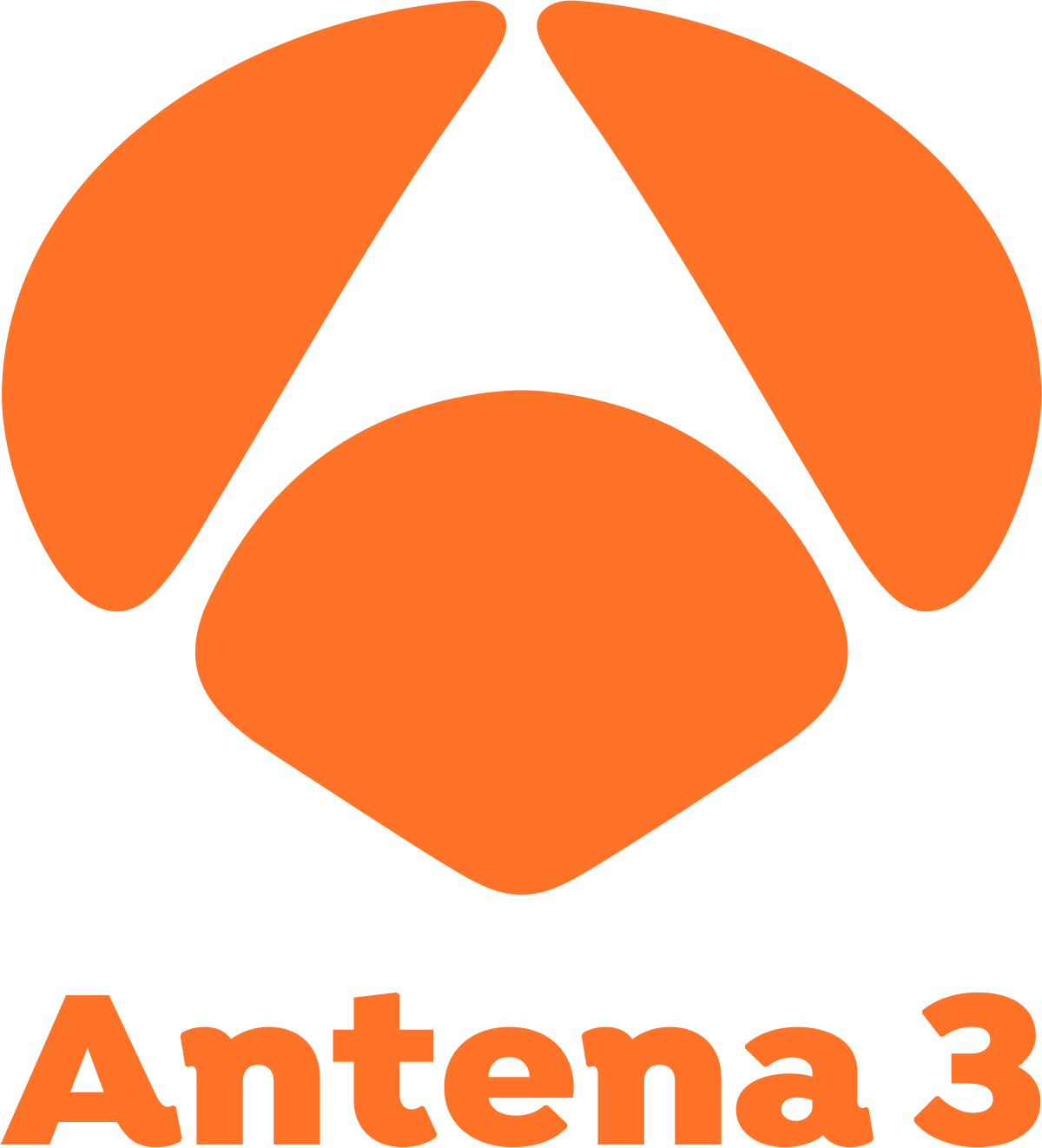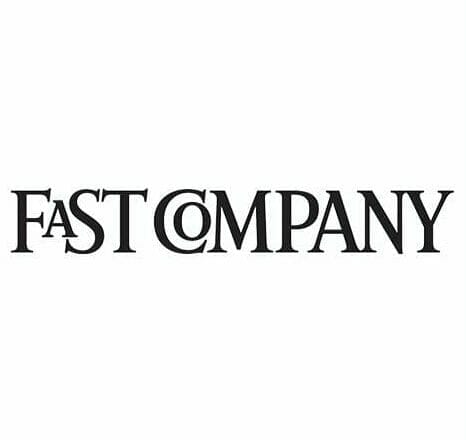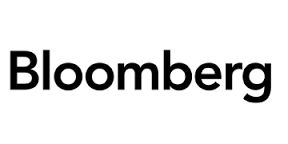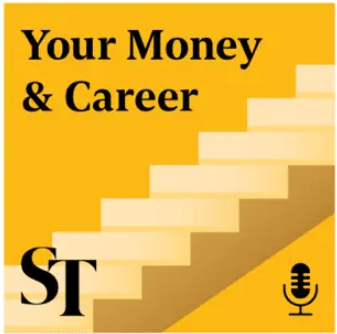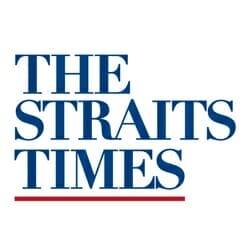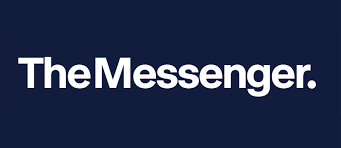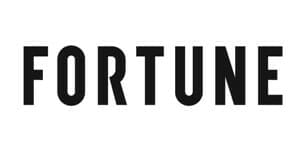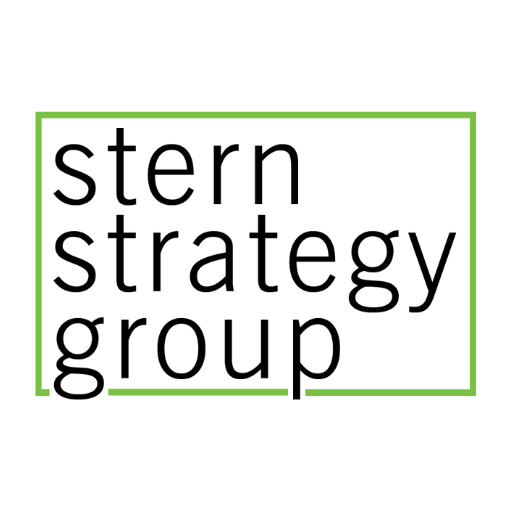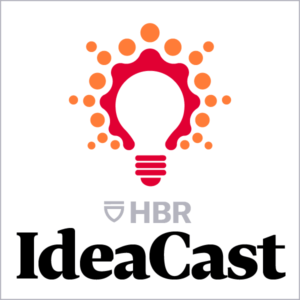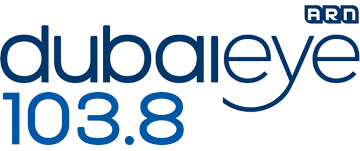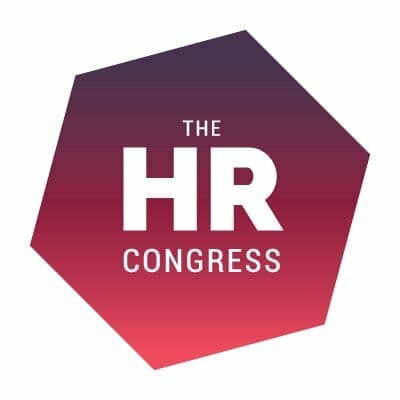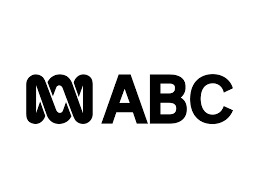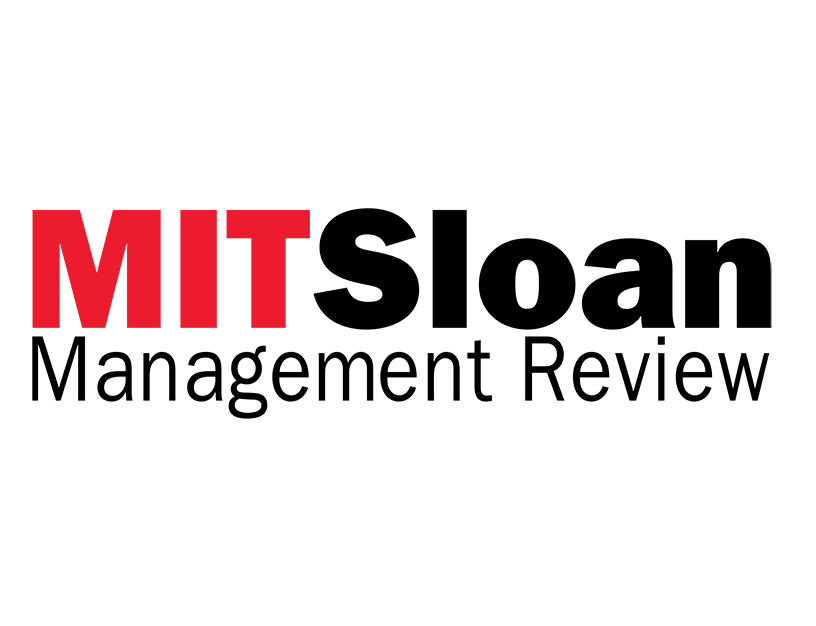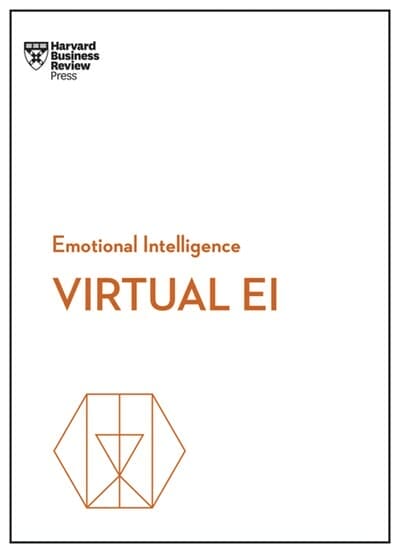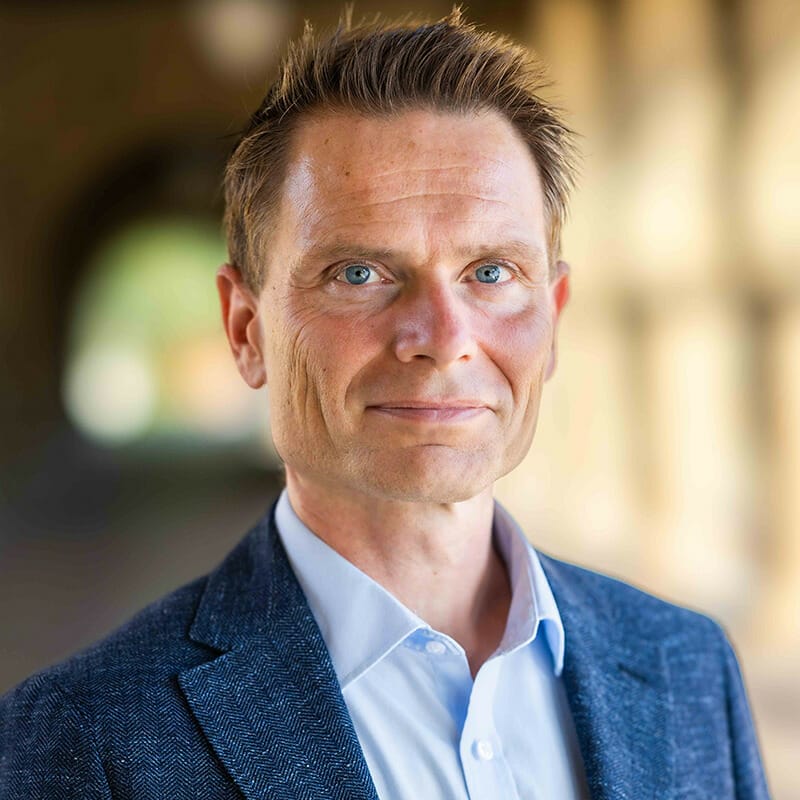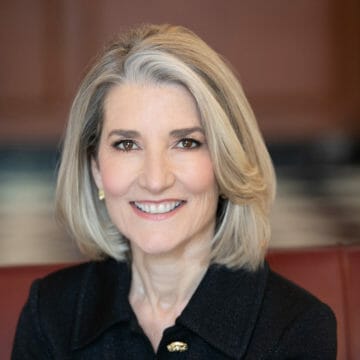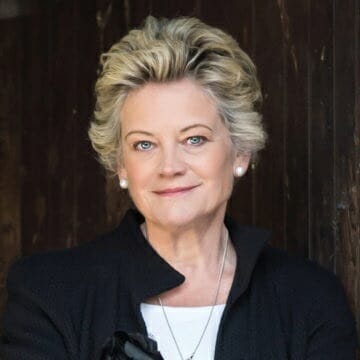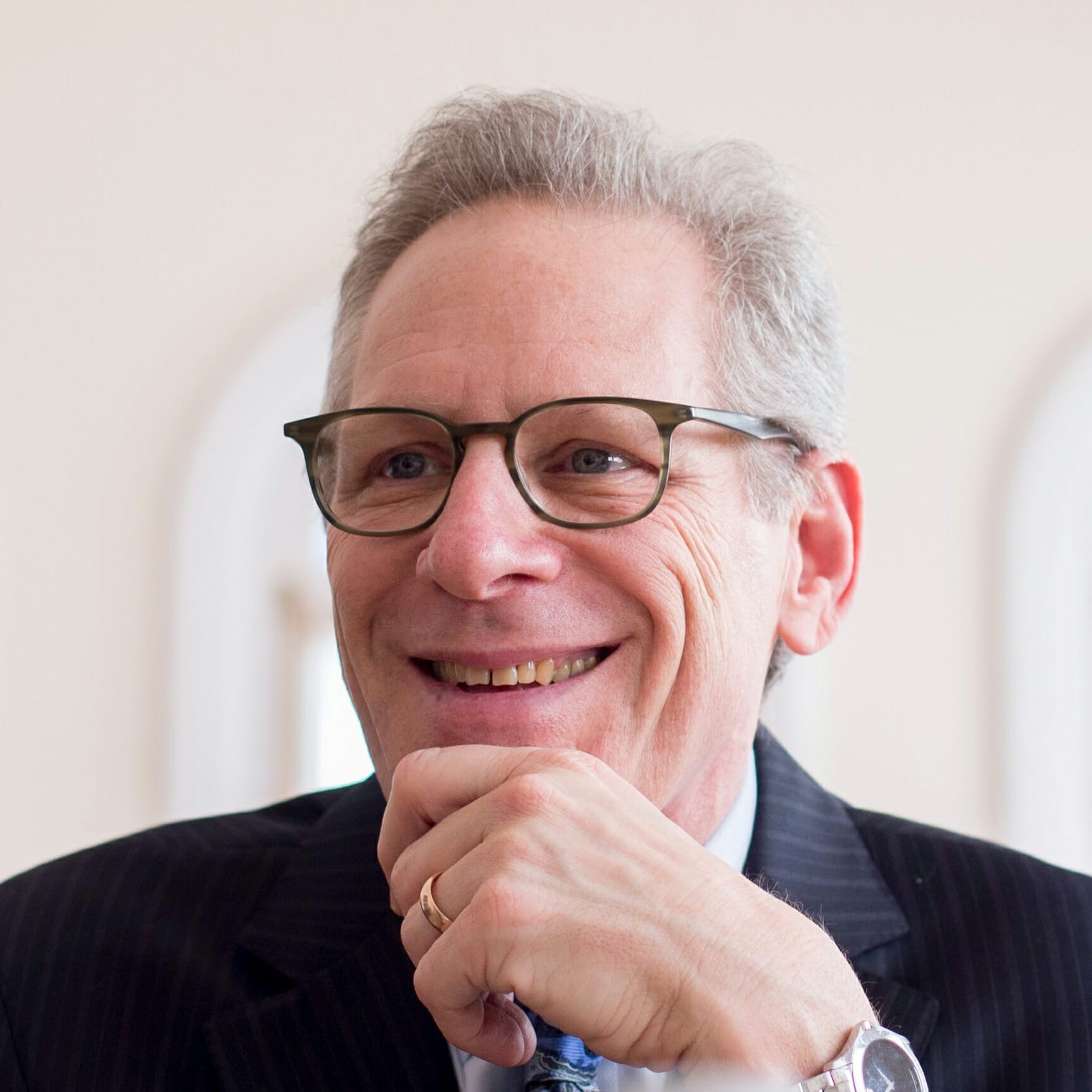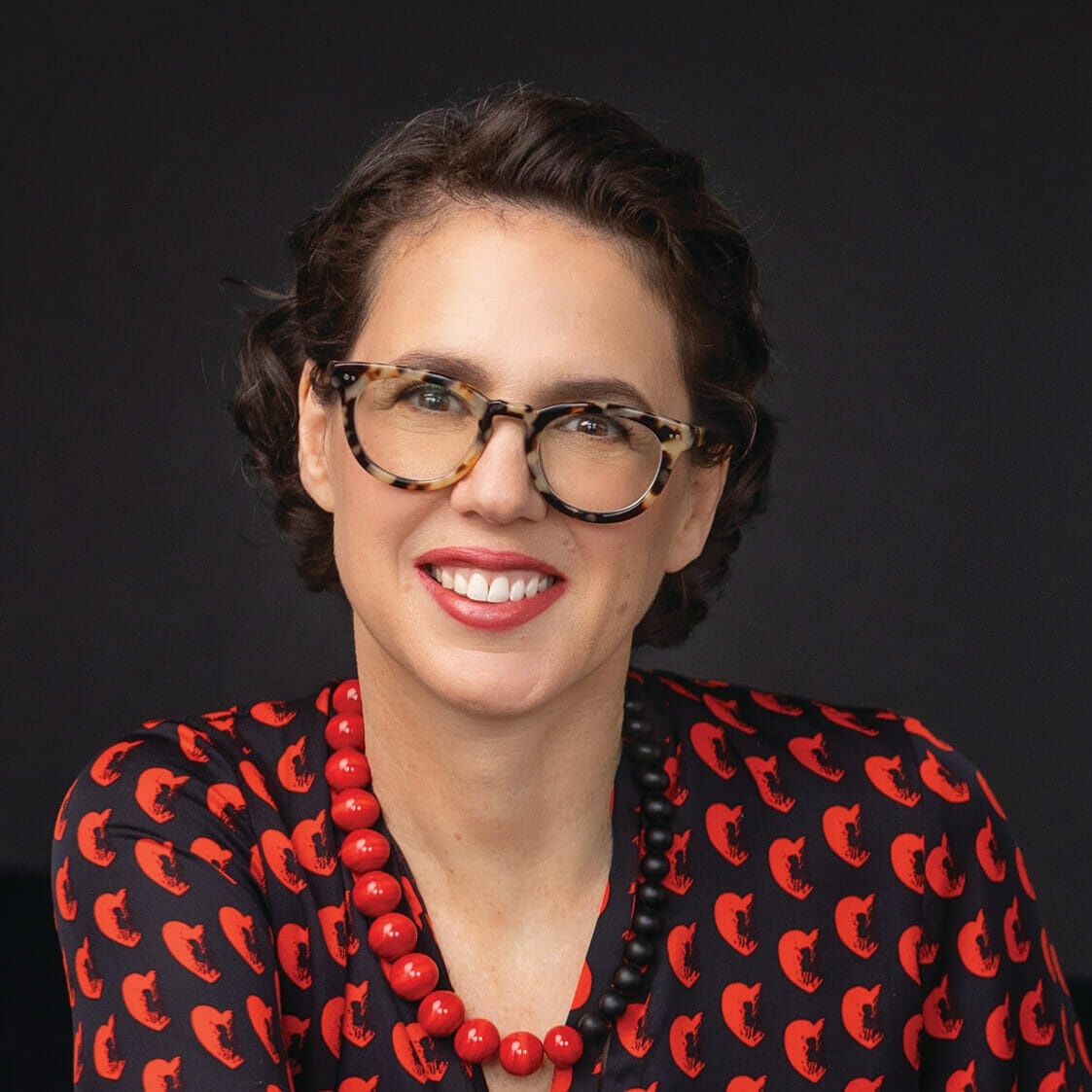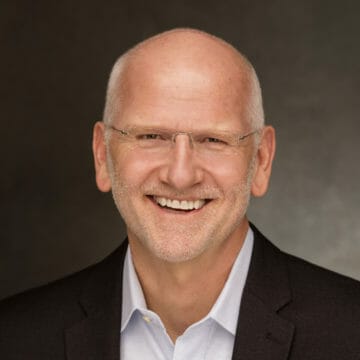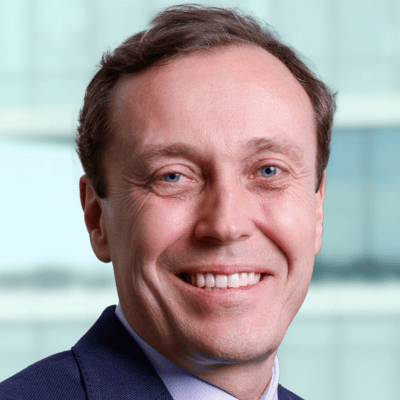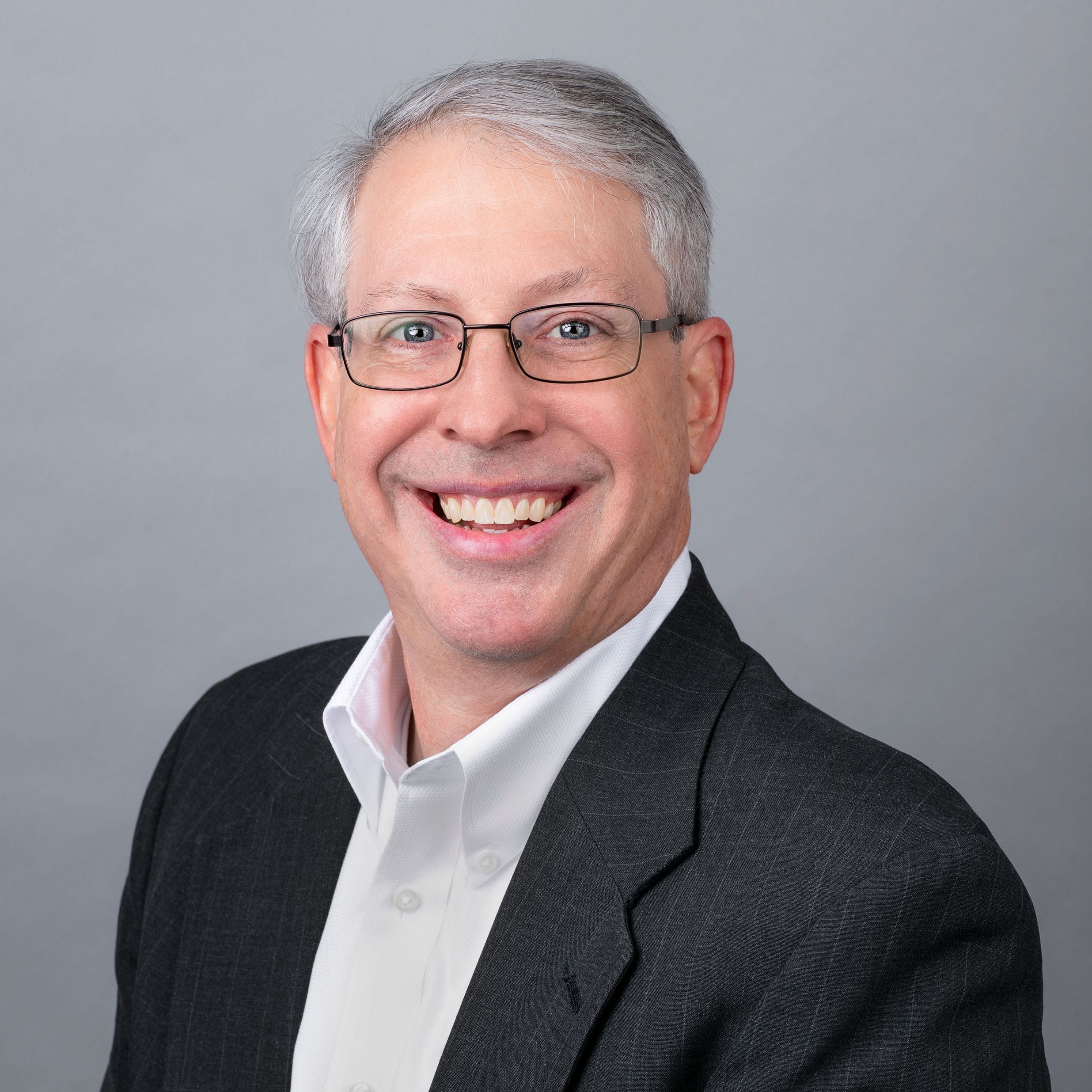Videos
Learn More About Mark Mortensen
How do you re-design an organization so it thrives in the era of AI? INSEAD Associate Dean of the Middle East Campus in Abu Dhabi Mark Mortensen, Ph.D., a pioneer of multiteaming research and leading expert on remote work organizational design, social psychology and human dynamics, says that process begins with identifying and understanding the rapid changes taking place within organizations. With customized, hands-on workshops and keynote speeches that spur audiences to consider the inherent risks their existing business models pose for employees and company culture, Mortensen shows leaders how to transform and build adaptable, collaborative global companies in the era of digital disruption.
Mortensen’s research focuses on the many ways in which technology has changed how we work together, offering concrete frameworks for improving team dynamics and cross-project collaboration. An obstacle for leaders working to understand these impacts, says Mortensen, is that we all too often place the emphasis on the technology itself rather than how it changes and shapes human behavior. To Mortensen, the bells and whistles of the latest software or digital platform are trivial compared to how it will impact the way people work, act, relate and coordinate with others. This question is far more pressing for businesses looking to integrate new technologies into the workplace. Mortensen helps leaders navigate the challenges of managing individuals and teams through this process.
An expert in global and dynamic collaboration, Mortensen offers new frameworks for companies to strengthen team bonds and build trust across the differences in language, culture and time zones that often tear them apart. He helps leaders separate the substance from the hype surrounding new approaches to work – like Agile, Scrum and Holacracy – and uncovers their hidden costs and risks. As explained in his widely recognized Harvard Business Review article “The Overcommitted Organization” – named an HBR 10 must-read of 2019 and one of the top 20 HBRs on the subject of all time – though multi-teaming has evolved to become commonplace, few managers have developed effective ways to maximize its benefits while minimizing its downsides. He teaches managers how to build solid strategies and creative cultures that make coordination between and amongst teams efficient, productive and sustainable.
Having worked with companies such as adidas, Deutsche Telekom, Gen Re, Goldman Sachs, Maersk Oil, Merck KGaA, SAP and Qatar Petroleum, Mortensen helps leaders devise strategies that improve how people work together and propel organizations into the future of work. Prior to joining INSEAD, Mortensen was on the faculty of the MIT Sloan School of Management and the Desautels School of Management at McGill University. He holds a doctorate in management science and engineering from Stanford University, a master’s degree from Stanford University and a bachelor’s degree from Colby College, both in computer science.
Mark Mortensen is available to advise your organization via virtual and in-person consulting meetings, interactive workshops and customized keynotes through the exclusive representation of Stern Speakers & Advisors, a division of Stern Strategy Group®.
How to Navigate the Future of Work
For decades, the relationship between organizations and their employees was one of mutual security: the latter worked exclusively for one company while the former guaranteed job security and lifelong benefits. Technology has fundamentally transformed that relationship due to the advent of the “gig economy” and the subsequent shift away from lifetime employment. But while popular discourse focuses on the insecurity experienced by workers, Mark Mortensen, INSEAD Associate Dean of the Middle East Campus in Abu Dhabi, reminds business leaders that they too face heightened risk. Employees can now work for multiple companies simultaneously or leave at a moment’s notice to pursue their own endeavors. It also means that personal relationships within organizations have become less common, which could potentially corrode employees’ ability to work together in groups or with members of different teams. Consequently, organizations in the 21st century must rethink how they manage human resources, collaboration and their relationship with employees. Though companies should embrace flexibility, they must also ensure teams can effectively build bonds that enable them to work together on important projects. Relationships will become more important than ever in the future, and managers must find ways to sustain the cohesiveness of organizations in a more fluid world.
21st Century Management: Working Across Borders, Boundaries and Cultures
In recent years, three trends have made it more difficult to successfully manage and direct teams to complete projects:
- More virtuality as teams often no longer inhabit a single office, working globally and through technology
- The rise of “multi-teaming” in which people are assigned to multiple teams working on different projects at the same time
- Increased fluidity where people move on and off projects as needed – particularly the case in knowledge-intensive and highly specialized work
These factors can make it harder for managers to build camaraderie and trust, and inhibit progress toward a shared goal – and yet, they are unavoidable in an increasingly fast-paced, globalized and digitalized business landscape. In this presentation, Mark Mortensen, INSEAD Associate Dean of the Middle East Campus in Abu Dhabi, offers a framework for navigating these challenges and ensuring teams are productive, cohesive and developmental, even when operating separately or engaged in projects that compete for their attention. Though Mortensen’s recommendations require time and effort, they will benefit organizations in the long term as they increase cross-team and cross-functional collaboration.
How To Be the Leader and Organization Employees Want to Work For by Understanding the Integrated Employee Value Proposition
With potential and current employees now able to choose among many options for working arrangements, growth and development opportunities, and company culture, attracting and retaining talent has become about much more than just compensation and where employees can work from. In this informative session, Mark Mortensen, INSEAD Associate Dean of the Middle East Campus in Abu Dhabi – an authority on remote work and solving the challenges of organizational design – helps leaders better recognize what their employees want from their company and understand employees’ perception of what the organization is providing.
Using the integrated employee value proposition (iEVP) model, which he co-developed with Harvard Business School professor Amy Edmondson, Mark helps organizational leaders balance elements like compensation and flexible work, growth opportunities, community, and sense of purpose. He uses the proprietary iEVP measurement tool to map employee needs and assess how well those align with what an organization is delivering. Using this data-driven, evidence-based approach helps leaders identify critical gaps and manage key tradeoffs like those between short vs. long-term and individual vs. collective benefits.
Mark will demonstrate that aligning organizations’ offers with employees’ needs is a win-win. For organizations it reduces costly absenteeism and turnover while boosting engagement and ultimately productivity. For employees, it promotes healthier work-life balance, inclusion, and wellbeing. Audiences of employees and leaders alike will be empowered to actively engage and optimize both employee experience and organizational performance.
The Adaptable Organization
What type of company do you lead or work for? Many leaders expend time and energy predicting what kind of organization will succeed in the future, and then working to make their companies fit that description – an admirable goal, but one that assumes we are better at predicting what the future brings than we actually are. Consider that more than half of the companies in the wildly popular book “Built to Last” haven’t. In this presentation, Mark Mortensen, INSEAD Associate Dean of the Middle East Campus in Abu Dhabi, offers a different perspective for thinking about your company’s “organizational fit,” and provides a framework to align what you are (an organization), what you do (your strategy) and where you are (your environment). Mortensen’s core message, derived from his research and consulting work, is that there really is no permanent organizational fit and the key to surviving in the future is building adaptability. Mortensen shows you how to constantly revisit and reimagine the “fit framework” – as well as your organizational design, power dynamics, networks, routines and culture – to build and maintain an adaptable organization. This presentation has cross-industry applicability and can be tailored to any audience.
